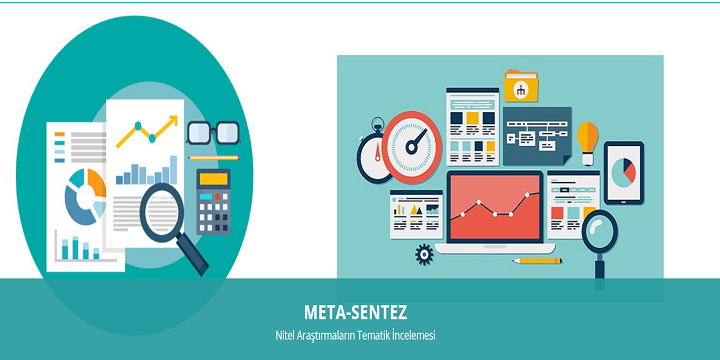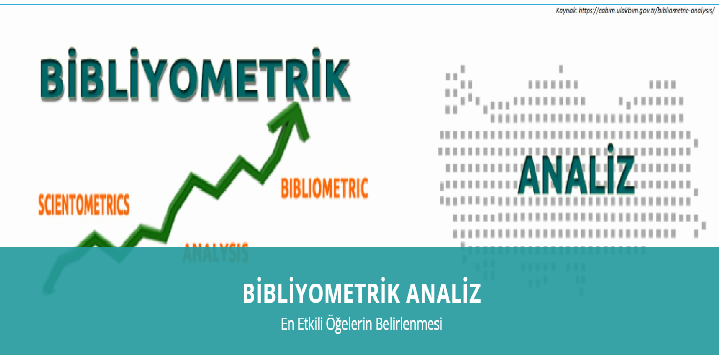Güncel Etkinlikler:
1-Special Issue "Entrepreneurship Education Creating Impact for Societies: Known Worlds and New Frontiers"
https://www.mdpi.com/journal/e
Special Issue Editors

2. Department of Education (UTV), Tampere University of Applied Sciences, 33520 Tampere, Finland
Interests: entrepreneurship education; entrepreneurial competencies; impact; curriculum; strategy; assessment; digital education; teacher education

Interests: entrepreneurship; entrepreneurship education; strategic management; SMEs; innovation; small business; family business; organizational development; entrepreneurial university

2. Entrepreneurship Education, The United Nations Educational, Scientific and Cultural Organization (UNESCO), 75007 Paris, France
Interests: entrepreneurship education; Quintuple Helix collaboration mode; entrepreneurial university; entrepreneurial/enterprising competences; assessment—from outputs to personal development (impact)
Special Issue Information
Dear Colleagues,
Over the last two decades, the entrepreneurship discipline has evolved from the study of entrepreneurs and the economics of entrepreneurship to a much broader subject that includes, for example, the promotion of entrepreneurial behavioral patterns in businesses, individuals and institutions, university–industry–government collaboration, start-ups and scale-ups, entrepreneurial aspirations and orientation. (Belitski & Heron, 2017; Bonaccorsi et al., 2013.) Furthermore, entrepreneurial ecosystems have emerged as efficient mechanisms for business community engagement and the transfer of knowledge, creating value for society. Impact creation is also emphasized in the academic discussion of entrepreneurship and entrepreneurial ecosystems. (Lahikainen et al., 2019.) However, it is challenging to verify its overall impact (Bornmann, 2013; Bornmann, 2016). Undoubtedly, it is also challenging to assess the impact of entrepreneurship education (e.g., Tehseen & Haider, 2021).
Co-creation and engagement are both emphasized when discussing entrepreneurial ecosystems. Furthermore, entrepreneurial competence is emphasized. Thus, a university's broader social role, for example, extends beyond the traditional academic core based on education and research missions (e.g., Laredo, 2007). The ability to balance regional stakeholders' and education systems' expectations (Charles et al., 2014; Salomaa and Charles, 2019) requires the university’s strategic organizational capacity to be enhanced, the systematic development of bridging mechanisms and entrepreneurial skills within educational institutions, and the individual abilities of both staff and learners to adapt and thrive in ever-changing circumstances. These issues are addressed in the context of entrepreneurship education; according to many scholars (Deveci & Seikkula-Leino, 2018; Frank 2007; Berglund and Johansson 2007; Halberstadt et al., 2019; Seikkula-Leino et al., 2021), entrepreneurial activities involve the ability to identify and solve problems, seek and create new opportunities, be creative, take risks, collaborate, and innovate.
In this Special Issue, we provide an overview of how entrepreneurship education can strengthen impact creation. Traditional academic education must be critically re-evaluated to learn what kind of competencies we need to foster in order to improve the well-being of societies. How should education and learning be reshaped? What are our key strategies and tools? What roles do different actors play in entrepreneurial ecosystems?
Therefore, this Special Issue will focus on the following topics:
- How can we reshape traditional education by integrating entrepreneurial ecosystems to drive societal change?
- How can we depart from the mono-disciplinary approach toward the concept of relevant knowledge (integrated knowledge based on experiential learning)?
- How could entrepreneurship education change the role of educators, policymakers, stakeholders, and learners?
- How could entrepreneurship education respond to the challenges of entrepreneurial ecosystem creation? Policy recommendations, as well as suggestions for strategy and curriculum design and educational programs, are welcome.
- What are the future competencies required? Does the shift from more discipline-orientated education address the required competencies and skills of working life?
- How could different education sectors or groups promote entrepreneurial learning as a life-long competence?
- How do entrepreneurial activities, social impacts, and entrepreneurial ecosystems relate to each other?
You might present new knowledge to the field from a novel angle, or you could present, e.g., an article with a multidisciplinary approach and new types of research openings or results. What could be your contribution be to entrepreneurship education research when we consider “the known worlds and new frontiers”?
Both conceptual and empirical papers are welcome. Potential contributors are welcome to contact the Guest Editors before the 1st of February 2023. The submission deadline is 1 March 2023.
References:
Deveci, I. & J. Seikkula-Leino. 2018. A Review of Entrepreneurship Education in Teacher Education. Malaysian Journal of Learning and Instruction, vol 15, no 1, 105-148.
Bornmann, L., 2013. What Is Societal Impact of Research and How Can It Be Assessed? A Literature Survey. Journal of the American Society for Information Science and Technology. 64(2): 217-233.
Bornmann, L., 2016. Measuring impact in research evaluations: a thorough discussion of methods for, effects of and problems with impact measurements. High Educ (2017) 73:775–787. DOI 10.1007/s10734-016-9995-x
Belitski, M., & Heron, K. (2017). Expanding entrepreneurship education ecosystems. Journal of Management Development, 36(2), 163–177.
Bonaccorsi, A., Colombo, M.G., Guerini, M. and Rossi-Lamastra, C. (2013), “University specialization and new firm creation across industries”, Small Business Economics, Vol. 41 No. 4, pp. 837–863
Berglund, K., & Johansson, A.W. (2007). Entrepreneurship, Discourses and Conscientization in Processes of Regional Development. Entrepreneurship & Regional Development, 19 (6), 499–525.
Charles, D., Kitagawa, F. and Uyarra, E. (2014). University in Crisis? - new challenges and strategies in two English city-regions, Cambridge Journal of Regions, Economy a
-
Duyurular
 İsa Deveci'nin kişisel sitesi yayın hayatına başladı. Öğrenci otomasyonu ise ilerleyen günlerde aktif hale getirelecektir.
İsa Deveci'nin kişisel sitesi yayın hayatına başladı. Öğrenci otomasyonu ise ilerleyen günlerde aktif hale getirelecektir.





